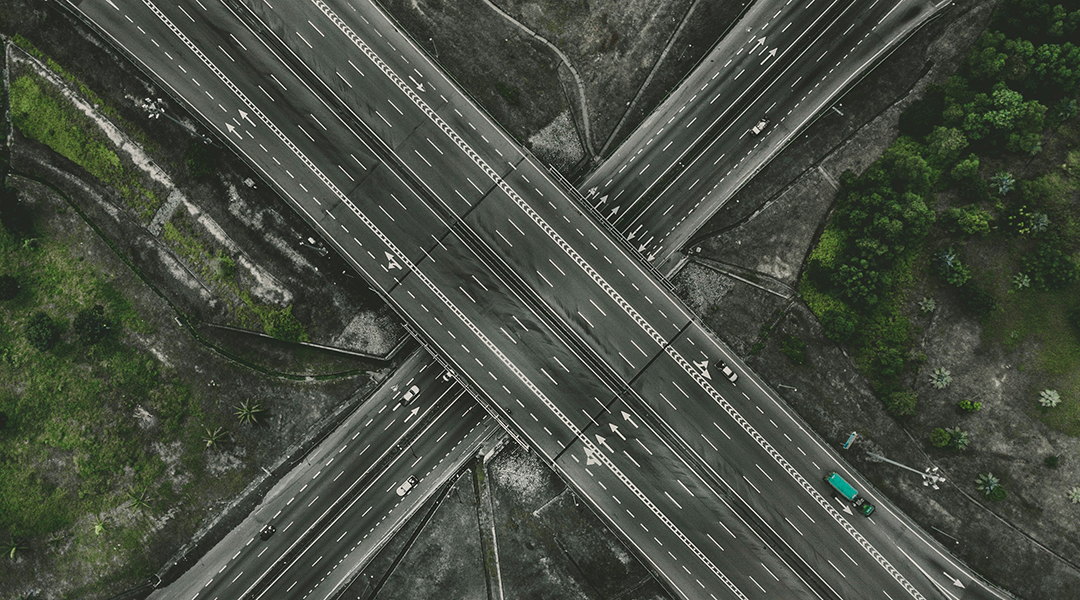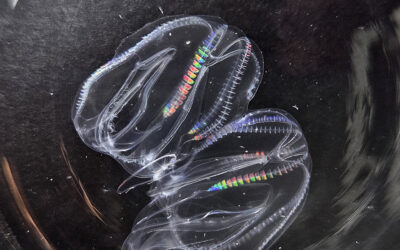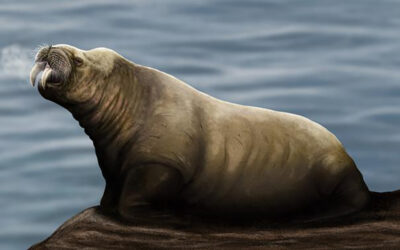Scientists have unraveled how natural selection is linked to our inability to make sound long-term choices. Using mathematical models to simulate evolution over the course of hundreds of generations, they figured out that for natural selection to favor a future reward, it needs to be significantly larger the farther away it is in time.
This discovery sheds light on why humans are notoriously bad at waiting for a better reward in the future when a smaller one is available now. This phenomenon, known as “temporal discounting,” has been the focus of decades of psychology and finance research. However, the reason why we do this evaded scientists until now.
“The purpose of this study was to get at what’s driving this universal behavior across animals, including humans,” said Brian Villmoare, associate professor at the University of Nevada, Las Vegas. “This is the first attempt to study it from an evolutionary perspective.”
Our preference for short-term rewards affects multiple areas of our lives, from financial decisions such as saving for retirement to society’s attitude towards taking action against climate change. This research opens the door to understanding our own behavior better and finding ways to mitigate the negative effects of this phenomenon on our lives and society.
How evolution shapes decision-making
Villmoare was listening to the radio on his way to work when his interest in this topic was sparked. “They were talking about Richard Thaler, who is an economist at the University of Chicago,” he said. “He identified this phenomenon where if you give a human a choice between one return on investment immediately or a much bigger one in the future, people will almost always take the short-term but ultimately less beneficial decision.”
Thaler’s research led the US Congress to reform the 401(k) system so that employees would automatically be signed up for a retirement savings plan and offered the option to opt out, instead of having to opt in. As his research also showed that humans have a strong tendency to go with the default, this seemingly small change has helped people who would have otherwise not chosen the long-term reward of saving for retirement, collectively save billions of dollars over the years.
Thaler was later awarded the Nobel Prize in Economics, and his work inspired droves of research to further understand how time discounting impacts many different areas of our lives.
However, Villmoare realized that there were still no answers as to why this happens in the first place.
“I’m a paleoanthropologist, so normally I look for fossils,” he said. “I’m interested in the ways early humans would have responded to the environment, so I asked myself, why are we so unable to make good long-term decisions? Why do we behave that way from an evolutionary point of view?”
To answer these questions, Villmoare and colleagues created a mathematical model where organisms were faced with the choice of either picking a good short-term reward or a much better long-term reward that increased the organisms’ chances of survival and reproduction. The scientists could adjust the relative benefits of both rewards and how far away from each other they were in time to study under what circumstances any organism — human or otherwise — would be able to choose the better long-term reward over the course of hundreds of generations.
“What we found is that the future benefit has to be just a lot more than the short-term benefit, and it also has to be very predictable,” Villmoare said. “I was surprised at how much stronger the distant reward had to be in order to be selected.”
The more uncertainty of whether a long-term reward would indeed be in the future, the larger it would have to be for natural selection to favor it. For instance, at an uncertainty of just 50%, no long-term reward would be chosen if it was over twice as far into the future as the short-term one.
These results reveal that a likely reason why we favor short-term rewards is that humans evolved over the course of 200,000 years in a very unpredictable environment, faced, for example, with unexpected changes in weather or predator attacks.
Making better choices
While we may have evolved to prioritize short-term rewards, there are examples in nature where this is not always the case. Any animal that caches food, like squirrels or spiders, is prioritizing a better long-term reward — a behavior which, according to the mathematical models developed by Villmoare, can be favored by natural selection when the food can be reliably found later on.
These mathematical models can’t fully encapsulate or quantify the complexity of human behavior. While they point at a probable explanation of how things came to be, they don’t account for the large network socioeconomic factors that rule over our lives.
In a famous experiment conducted in the 70s, children were given a marshmallow and told they would get a second one if they didn’t eat the first one for 15 minutes. Those who were able to wait went on to have a more successful future in school and work.
When that study was revisited a few years ago, with a much larger number of children, researchers found that being able to delay gratification as a five-year-old says more about your socioeconomic background than about your likelihood of having a brilliant future.
The evidence seems to point in the direction that our environment is what makes the biggest difference when it comes to our ability to make better decisions. Exploring all the different factors that affect our decision-making should be the next step in our research if we want to overcome our biological limitations. According to Villmoare, education would be a particularly relevant factor to study. Religion could also be of interest for researchers to study why some belief systems focus on prioritizing the ultimate long-term reward of an afterlife.
“As individuals as well as a society, we tend to make poort short- versus long-term decisions. This is a psychological bias that humans have that comes from evolutionary history,” Villmoare concluded. “Understanding why that is is the first step to be able to improve our choices.”
Reference: Brian Villmoare et al., Evolutionary origins of temporal discounting: Modeling how time and uncertainty constrain optimal decision-making strategies across taxa, PLOS ONE (2024). DOI: 10.1371/journal.pone.0310658
Feature image credit: Deva Darshan on Unsplash

















